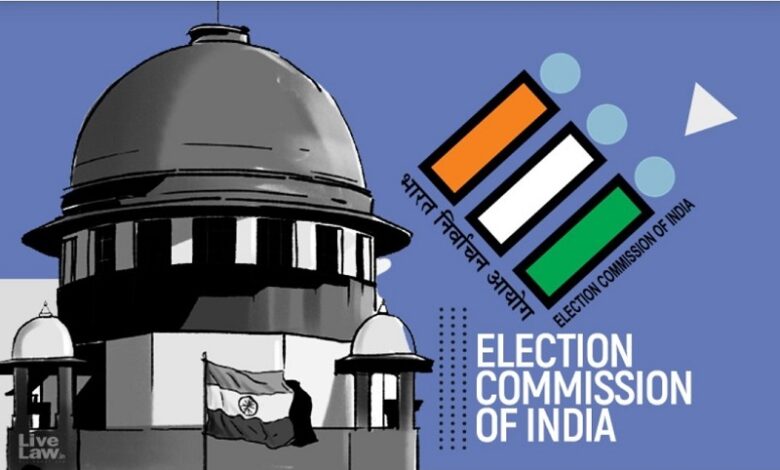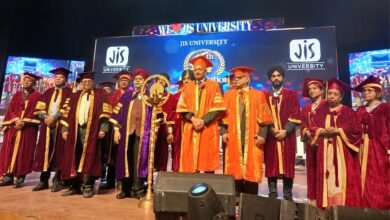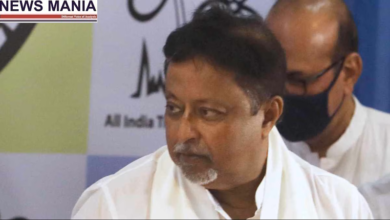
In a ruling passed on 11th August, the Supreme Court has chosen not to intervene in a Calcutta High Court decision that invalidated the National Human Rights Commission’s (NHRC) decision to appoint ‘observers’ for the concluded panchayat elections in West Bengal. This decision, rendered in the case of *National Human Rights Commission and ors vs West Bengal State Election Commission and ors*, highlights the delicate balance between the roles of various bodies in ensuring democratic processes.
A bench consisting of Justices BV Nagarathna and Ujjal Bhuyan, while deliberating the case, underscored that permitting such an action would constitute a violation of the responsibilities vested in the State Election Commission. The bench emphasized that the impugned NHRC notification contradicted Article 243K, which aims to safeguard the autonomy of central and state election commissions from external influence. The court noted that the NHRC overstepped its bounds by seeking powers of superintendence over elections, which rightfully belong to the designated election bodies. The bench categorically stated that the petition held no merit and, as such, would not be granted leave to proceed.
Justice Nagarathna, during the proceedings, pointed out a worrisome trend of human rights commissions selectively intervening in election-related matters. She questioned the appropriateness of such interventions when autonomous bodies, like the State Election Commission, were already in place to handle these affairs. She raised concerns about the NHRC acting as a parallel authority, selectively intervening only in specific instances, which could lead to the perception of it acting as a “super body.” This sentiment was reflected in her remark, “Sorry, we are dismissing.”
At the heart of this legal tussle was an appeal against a Calcutta High Court ruling that deemed the NHRC’s move tantamount to encroaching upon the jurisdiction of the West Bengal State Election Commission (SEC). The High Court’s decision rested on the fact that the NHRC’s appointment of an observer would infringe upon the election process and undermine the authority of the SEC, a situation that is legally impermissible.
The NHRC’s contentious decision emerged following its independent initiation of action based on a news report detailing instances of election-related violence. The Calcutta High Court, while acknowledging the NHRC’s authority to intervene under certain circumstances, emphasized the importance of conducting a thorough inquiry and verifying media claims before taking any action. In this instance, the NHRC had failed to adhere to these steps, which led to the subsequent legal battle.
The NHRC’s appeal before the Supreme Court, presented by advocate Vanshaja Shukla, argued that the High Court had not properly recognized that free and fair elections are an integral human right. Furthermore, the appeal contended that the NHRC’s intervention was pre-emptive in nature, aiming to forestall potential human rights violations during the electoral process. Senior Advocate Maninder Singh represented the NHRC in this legal matter.
This Supreme Court ruling reaffirms the constitutional principles of separation of powers and the autonomy of designated election bodies. It underscores the critical nature of preserving the role and authority of these commissions in overseeing and conducting elections, ensuring that democratic processes remain untainted and unbiased. The decision also sets a precedent for the appropriate avenues through which human rights commissions can intervene in election-related matters, emphasizing the importance of due process and inquiry before action is taken.
News Mania Desk / Agnibeena Ghosh 13th August 2023
PM Modi Defends Govt in No-Confidence Motion, Assures Manipur of Support






